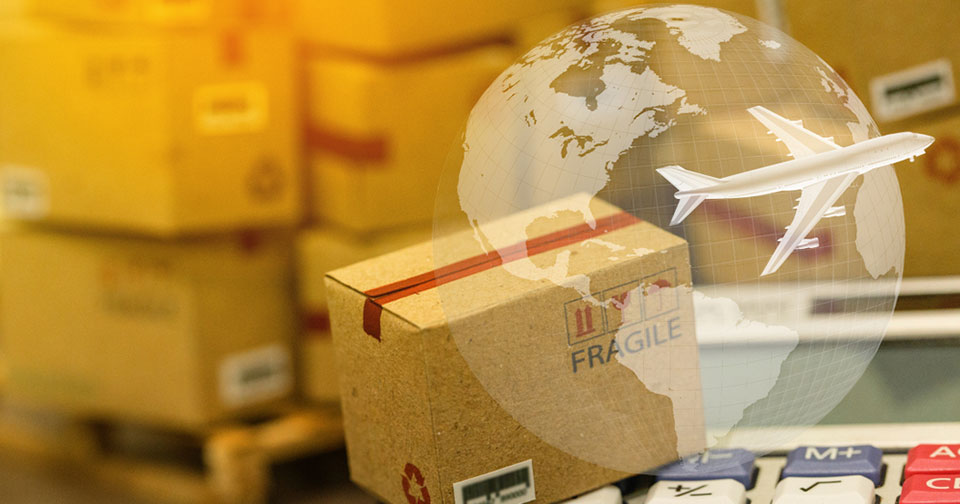
The Laboratory’s Export Compliance Office provides regulatory review for the international shipments of commodities and technology to determine if an export authorization is required. We do not provide shipping services. If you have questions about shipping logistics and procedures, please direct them to shipping@lbl.gov.
Click here to submit a request for an export control review for your non-biological international shipment.
Click here to submit a request for an export control review for your biological international shipment.
The U.S. export regulations identify controlled technology by publishing control lists:
In order to understand what export restrictions apply you must first determine which regulation(s) may apply. This is called the “export classification” process. Once the export classification is determined for your item, you can proceed to the next step of determining if an export authorization is needed prior to exporting your commodity outside the U.S., or sharing your technology with foreign nationals.
There are two primary methods for obtaining an export classification: obtaining a vendor classification (preferred), or conducting one’s own self-classification.
1. Preferred Method (for Commercial Technology): Vendor Classification
Start by requesting the export control classification from the manufacturer/vendor — typically they have the most knowledge about the technology of the item.
Email the vendor’s sales department as follows:
“We plan on exporting one of your products (insert model name and number here) and I need to determine export licensing requirements. What is the export classification of your product? Please provide the ECCN or USML category.”
Typically, you’ll receive an answer within one or two business days. When you get the classification response, upload their email to this form when requesting international shipping export control review, and include the following information:
- Technical description of each item
- Export classification provided by vendor for each item
- Destination country
Note on Foreign Vendors and Small Businesses:
Most foreign vendors will not be familiar with U.S. export regulations. If you are unable to obtain an ECCN from the foreign vendor, then proceed to the secondary method of self-classifying below.
Smaller U.S. businesses may or may not conduct business internationally. However, it is still worth asking the question above in case they do. If they do not, proceed to the secondary method below.
2. Secondary Method: Self-Classification
This involves the scientist, engineer, or researcher with technical knowledge of the item working with the Export Compliance Office to review the applicable export regulations and determine the classification after completing one of the questionnaires below.
For biological items, the scientist, engineer, or researcher should complete the Self-Classification Questionnaire for Biological Items Smartsheet form.
For all other commodities (i.e., tangible items or intangible technology and software), the scientist, engineer, or researcher should complete the Export Classification Questionnaire for Non-Biological Items and upload it when completing the International Shipping Request Jira Service Center form.
After obtaining the classification, the Export Compliance Office will provide necessary and additional guidance for the shipment or shipping approval via email.
Licensing Determination
The Berkeley Lab Export Compliance Office will review the information provided in the completed questionnaire to determine if any export authorizations are required prior to shipping. If there are no export control concerns, an email approval will be sent to you. If there are export control concerns, the Export Compliance Office will provide additional guidance and the next applicable steps.
Berkeley Lab Central Shipping at building 69 is informed of all international shipping approvals. They will conduct restricted party screening to ensure the recipients of the shipment are not denied parties.
EHS is informed of all international shipments of chemical, radiological, and biological items, as they require a separate review.
More Resources
- Export Compliance Office Jira Portal
- Self Classification Questionnaire for Biological Items
- Export Classification Questionnaire for Non-Biological Items
- Training: Export Control Risks – International Shipping (ECO 0107)
- Training: Export Control Video Series (see Shipping section)
- Book a 30-minute consultation with our team.